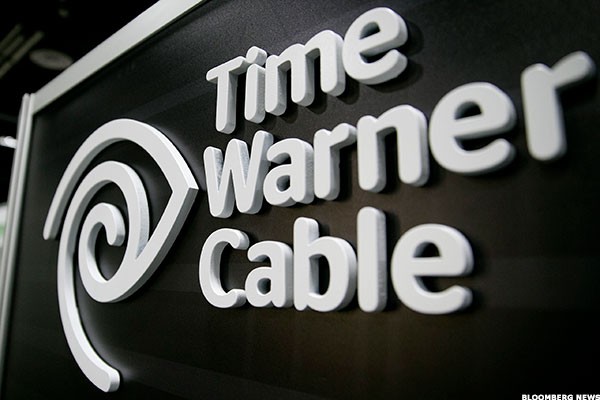Here’s why the biggest ETF managers are getting bigger
Post on: 16 Март, 2015 No Comment

JohnPrestbo
Bloomberg
Indexed investing is growing strongly, with much of the additional assets coming from institutional investors.
That’s the conclusion of the latest annual study by Pensions & Investments. a trade publication for professional investors. In the year ended June 30, the study said, index-based assets surged 24.1% to $8.97 trillion, up from an increase of 18.4% a year earlier.
Of course, bull markets were a big contributor to the asset growth. The Russell 3000 Index of U.S. stocks jumped 25.2% in that same period, and the MSCI World Index shot up 24.8%. Even so, more investors are dipping their toes into the indexed pool, and those already splashing around are expanding their commitments.
Browning: Markets best friend Is miscalculation
WSJ columnist E.S. Browning joins MoneyBeat to explain that investors like to debate whether the bull market is unloved, but one thing is clear: It has been misunderstood. Photo: Getty.
Why? Because on average indexed investment products perform better than active managers at lower costs.
S&P Dow Jones Indices measures active managers against its headline indexes twice a year. A rolling analysis for the five years ended June 30 shows that 73.6% of active managers in all stock-size segments underperformed the S&P 1500, a composite of the large-cap 500, mid-cap 400 and small-cap 600. Among international equity managers, 74.2% fell short of S&P’s international benchmark on a five-year basis.
Three firms dominate the list of investment managers offering index-based products. Pensions & Investments ranks BlackRock BLK, +2.87% first with $2.83 trillion; Vanguard Group is second with $2.1 trillion and State Street Global is third at $1.97 trillion. Together they account for 77.4% of indexed assets worldwide.
Vanguard’s indexed assets shot up 33% in the year ended June 30 to propel the firm into second place, demoting State Street to third. However, the ranking changes when considering worldwide sponsorship of index-based exchange-traded funds and notes, which are the most common indexed products. BlackRock remains on top with its iShares family, followed by State Street with the SPDR brand, and Vanguard.

The largest managers of indexed U.S. mutual funds are quite a different list — except for Vanguard, which leads by a wide margin with $1.4 trillion. Geode Capital Management is second at $159.2 billion and Bank of New York Mellon is third with $99.6 billion.
Big money, easier money
These rankings are of more than academic interest because many individual investors use assets under management as one of their criteria in picking investment products, particularly ETFs. Not only are big assets regarded as a proxy for customer satisfaction but also they usually indicate tighter spreads between bid and ask prices, which helps control trading costs.
With that in mind, it’s interesting to see how big indexed assets are at these three firms relative to their total assets under management. Dividing the Pensions & Investments figures by the firms’ total assets (found on their web sites) shows that State Street Global is the most indexed manager at 79%, trailed by Vanguard at 69% and BlackRock at 65.5%.
Even more revealing are the rankings by asset class. It turns out that these three firms vary considerably in their stronger and weaker suits, although U.S. equities are the largest asset class for each of them. The following table is in billions of dollars:














